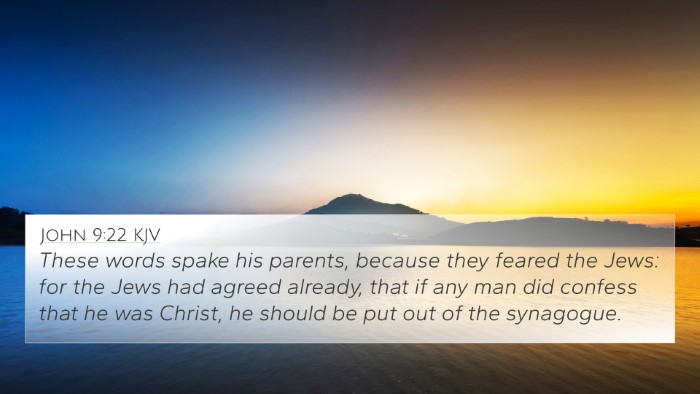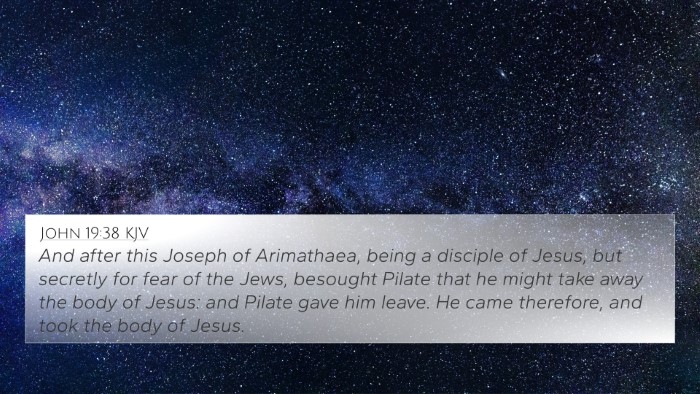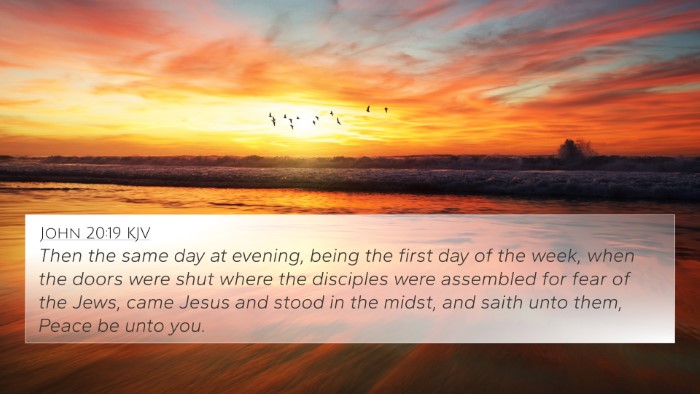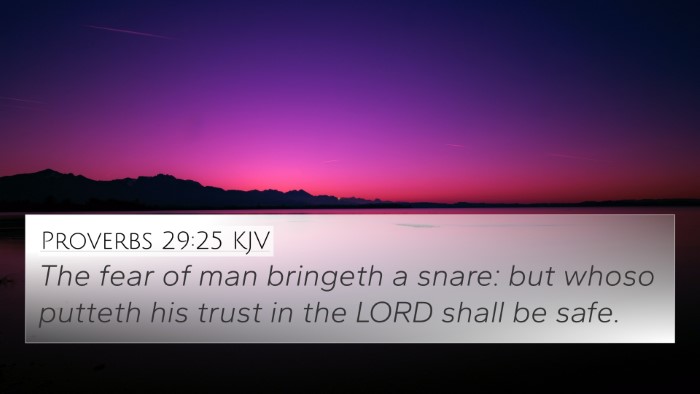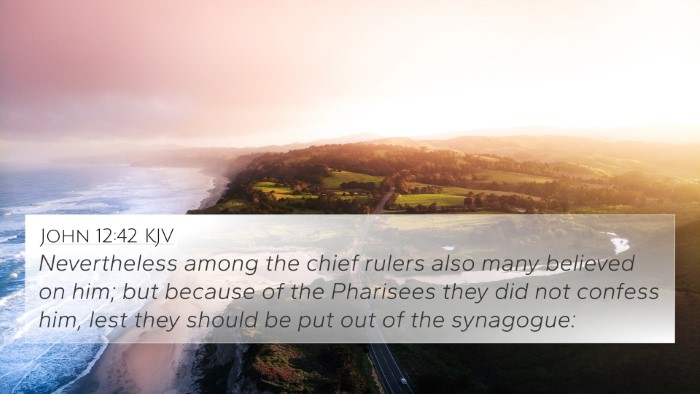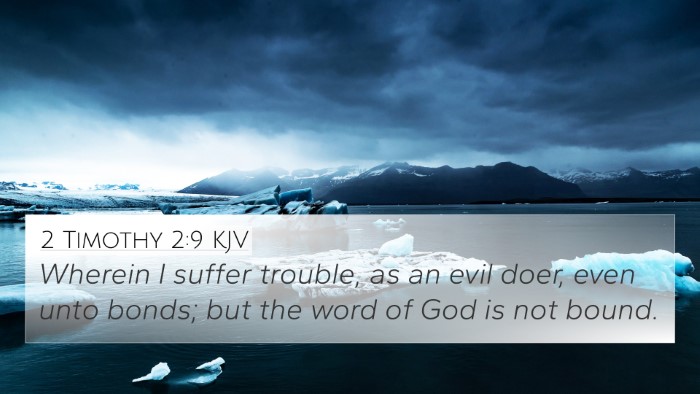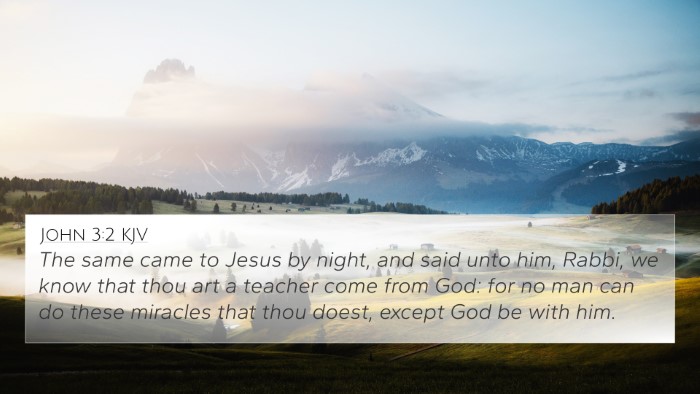Understanding John 7:13: An In-Depth Analysis
John 7:13 states: "However, no one spoke openly of Him for fear of the Jews." This verse occurs during the Feast of Tabernacles when Jesus was teaching in Jerusalem. The passage highlights the fear and apprehension among the people regarding openly discussing Jesus due to possible repercussions from the Jewish authorities.
Key Themes and Insights
From the analyses of various public domain commentaries, several key themes emerge from this verse:
- Fear of Persecution: The people's silence speaks volumes regarding their fear of the Jewish leaders, a recurring theme in the Gospels.
- Public vs. Private Belief: Many believed in Jesus privately but were reluctant to voice their beliefs publicly.
- Cultural Context: Understanding the societal implications of fear and belief in Jesus is crucial, especially within the Jewish community.
- Messianic Identity: The reluctance to speak openly about Jesus reveals their struggle to comprehend His true identity.
Commentary Insights
Matthew Henry's Commentary
Matthew Henry elaborates that this verse illustrates not only the fear of man but also the spiritual blindness that was prevalent. Many accepted Jesus in their hearts but were prevented by societal pressures from expressing their faith.
Albert Barnes' Commentary
Barnes points out that this fear impacted the dissemination of Jesus' teachings. The fear of repercussions stifled open discussion, which hindered the spread of the Gospel during that time.
Adam Clarke's Commentary
Clarke emphasizes that the people were caught in a tension between their internal belief in Jesus and the external threats posed by the authorities. He notes the contrast between those who feared man and those willing to acknowledge the truth of Christ openly.
Bible Verse Cross-References
To deepen our understanding of John 7:13, we can connect this verse with other related scriptures:
- John 9:22: "His parents said these things because they feared the Jews."
- John 12:42-43: "Nevertheless, among the chief rulers also many believed on him; but because of the Pharisees they did not confess him."
- Matthew 10:32-33: "Whosoever therefore shall confess me before men, him will I confess also before my Father."
- 1 Peter 3:14-15: "But even if you should suffer for righteousness’ sake, you will be blessed. Have no fear of them, nor be troubled."
- Luke 12:4-5: "And I say unto you my friends, be not afraid of them that kill the body."
- Romans 1:16: "For I am not ashamed of the gospel of Christ."
- Matthew 5:14-16: "Let your light so shine before men, that they may see your good works and glorify your Father which is in heaven."
Connecting Themes: Biblical Parallels
When examining the connections between these Bible verses, we see a thematic thread of courage versus fear. Each verse emphasizes how external pressures can challenge internal faith, demonstrating the necessity for believers to maintain their testimony despite adversities.
Tools for Bible Cross-Referencing
To facilitate deeper study, various tools can be used for cross-referencing Bible verses:
- Bible Concordance: A valuable resource for finding specific themes and verses.
- Bible Cross-Reference Guide: Helps in locating related scriptures that share similar themes or teachings.
- Bible Reference Resources: Various online tools and software are available for identifying connections.
- Cross-Reference Bible Study: Techniques and methods for connecting scriptures thematically.
Conclusion
John 7:13 offers a profound glimpse into the societal and spiritual dynamics at play during Jesus' ministry. By exploring this verse along with its related scriptures, believers gain insights into the challenges of proclaiming faith amidst fear, the complexities of discipleship, and the importance of overcoming societal pressures. This analysis encourages continual engagement with the Bible through cross-referencing and thematic connections, enriching both personal study and communal understanding of Scripture.



